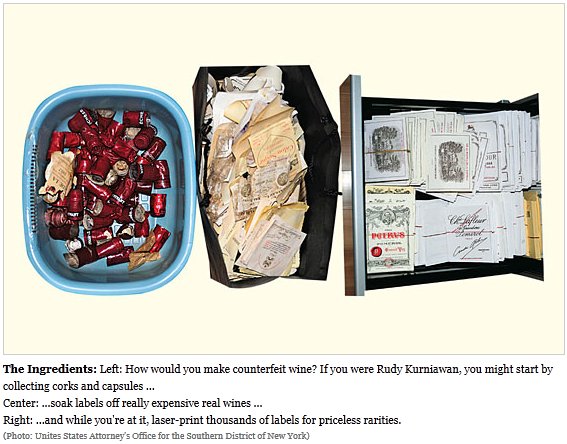No shit, this really exists:
Ethically, it’s been a rough couple of years for the military.
In July 2013, an Air Force major general went on an epic five-day bender while on a diplomatic mission in Russia. That November, Navy officials launched an investigation into misconduct involving top officers and a Malaysian contractor named Fat Leonard.
The Special Inspector General for Afghanistan Reconstruction has released report after report detailing corruption and waste by contractors and military officials.
Individually, the cases are all bad news. The good news is that authorities often catch and punish government cheats, thieves and frauds. Penalties for ripping off the American taxpayer range from huge fines to hard time in prison.
And when the trial ends and punishment begins, many military ethics cases wind up in the Pentagon’s Encyclopedia of Ethical Failure.
That’s right, the military maintains a database of the federal government’s worst ethics violators. Unlike many government documents, the encyclopedia is clear, easy to read … and actually quite funny. Many of the stories are as amusing as they are aggravating.
It might be the most light-hearted official report anyone’s ever written about criminals.
H/T to John Turner for the link.





